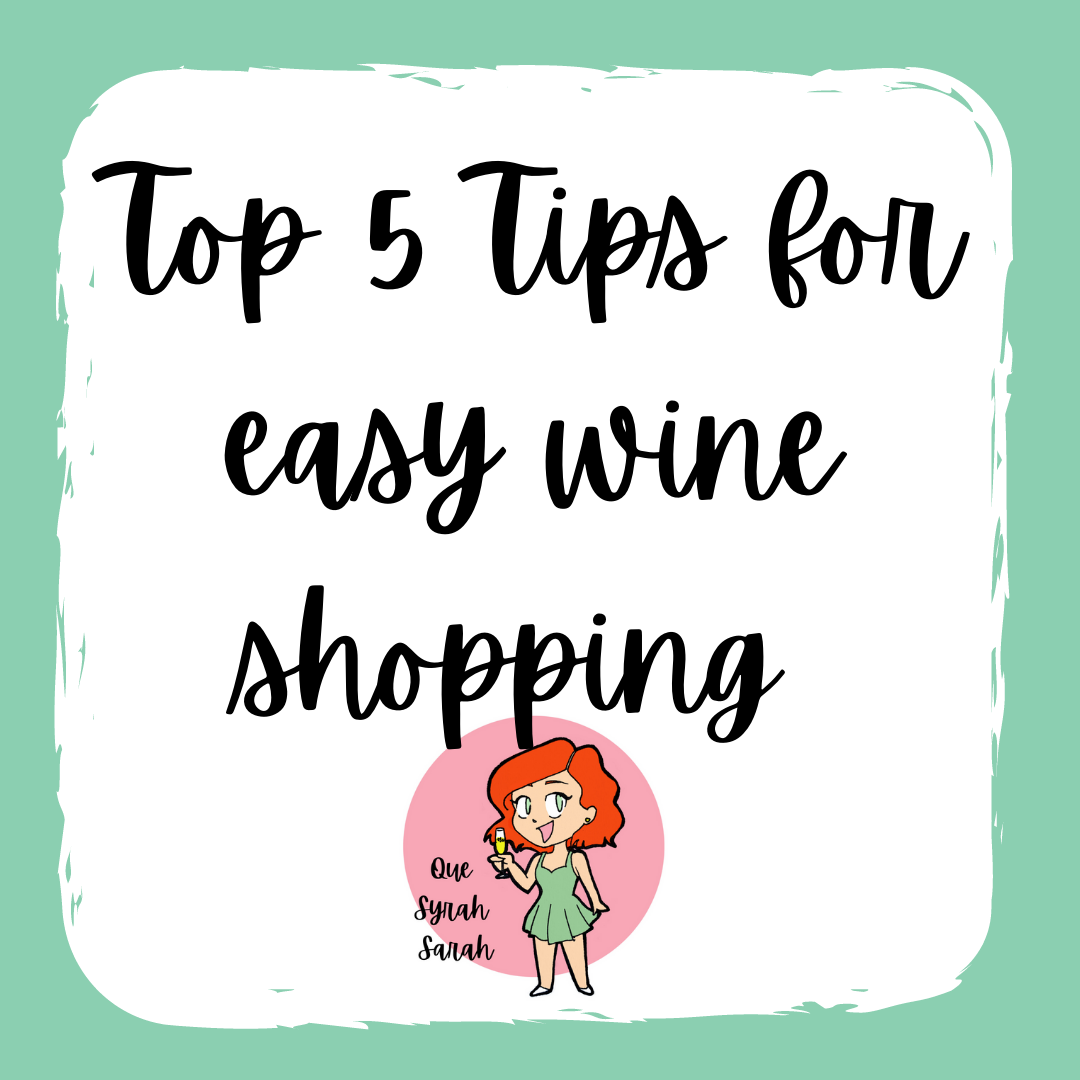
A Wine Baby’s Top 5 Tips for Easy Wine Shopping
As a wine newbie, few things are more intimidating than walking into a floor-to-ceiling selection of wines at the liquor store and trying to figure out what to buy. Okay, maybe a wine list at a restaurant, but that’s a whole different article.
I remember that feeling of overwhelm well. I still get it sometimes too.
But I’ve got a few simple tips to make buying good wine easy, even when you have no idea what the hell you are doing.
1. Go in with a plan
At the very least, you should have a rough idea of what type of wine you want to get.
Are you shopping for yourself? If you already have a general idea of what you like, you can choose to play it safe by picking a favourite varietal from a different producer or country than usual, or you can change things up a bit by picking a different varietal with a similar style. You like Chardonnay? Try some French Viognier. You won’t be disappointed.
Are you shopping for someone else? Hopefully you at least have a rough idea of what type of wine they drink, but if you don’t then it may be better to pick a popular classic. I don’t think I’ve ever met a white drinker that didn’t like Pinot Gregio, or a red drinker who didn’t like Cabernet Sauvignon.
Are you hoping to pair your wine with a meal? Even a quick google search can give you a basic level pairing idea to start off with. Pairing can get super complicated if you want it to, but it doesn’t have to be.
Once you’ve got a game plan in place, head to that section of your liquor store to apply the next few tips.
Note: most liquor stores are organized by Country, and not by wine varietal. So it’s helpful to know which countries are best known for whichever type of wine you are looking for. No idea? France and Italy are safe Old World bets, but why not support Canadian wines if you’re winging it anyways?
2. Wine Points
See any bottles with little stickers or flags on them with a number in the 90s? That’s almost guaranteed to be a good wine.
Wines are scored on a 100 point system by professional wine critics who know far more about wine than you or I ever will.
Any score above 90 is definitely a brag worthy wine, and a safe bet if you’re trying to impress someone (even if that someone is just yourself).
Some of those 90 point wines can be a little pricey, but not all of them. I once found a 91 point wine for $9 and it was AMAZING. My in-laws still talk about my stunned, slightly-buzzed reaction. I’ll write a review of it if I can ever find it again.
3. Price
Okay, price isn’t everything when it comes to quality, but it does mean SOMETHING.
It means the wine you are buying isn’t cheaply made, and is likely held to a higher standard by the winemaker. A lot goes into how things are priced, but all you need to take away from this is that if you want to buy good tasting wine, you’ve probably got to stop buying the “two buck chuck”. (or the Baby Duck… or the Barefoot…)
Look for wines that are at least $20 to start.
4. Where it’s from
You don’t have to memorize all the different wine regions, or even know the difference between Old and New World wines to pick something good quality. But you should look at where the bottle says the grapes are from.
A sneaky insider tip is that generally the quality of a wine is better when it’s sourced from a more specific location.
Does it just say USA? Or does it say California? Or Napa?
How about France? Loire Valley? Sancerre?
When the producer takes the time to specify exactly where the grapes came from, it’s for a reason. And the reason is, those grapes came from a great region known for producing fantastic wines and they want you to know it.
5. Key words
Certain words on a bottle’s label indicate quality.
Premier Cru, Grand Cru, Reserva,…. as you build your wine vocabulary, you will learn to pick out these key words and others.
If all else fails, just ask
Seriously, don’t be afraid to strike up a conversation with your local wine merchant if you’re feeling completely lost.
If you are fortunate enough to have a specialty wine shop nearby, ask them for their recommendations, and what’s new and exciting. They are probably just itching to share their knowledge with you.
Even if your local liquor store clerk isn’t a wine geek, you can at least ask if any of the wines you are interested in are particularly popular. What sells the most? You may not find any hidden gems this way, but at least you won’t accidentally buy something horrible.






-
-
3 years
Tagged asti method, cava, champagne, lambrusco, methode traditionelle